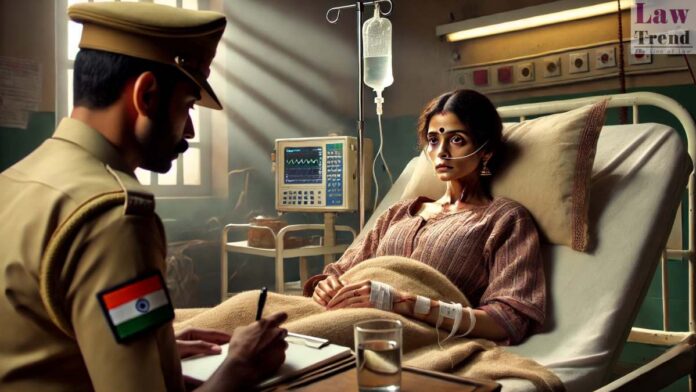In a landmark decision, the Gujarat High Court has reversed the acquittal of Chhaganbhai Kaliyanbhai Bhabhor, holding him guilty of abetting the suicide of his wife, Sumitraben, based on her dying declaration. This ruling comes 15 years after the original acquittal in 2009, setting a significant legal precedent regarding the admissibility and validity of dying
To Read More Please Subscribe to VIP Membership for Unlimited Access to All the Articles, Download Available Copies of Judgments/Order, Acess to Central/State Bare Acts, Advertisement Free Content, Access to More than 4000 Legal Drafts( Readymade Editable Formats of Suits, Petitions, Writs, Legal Notices, Divorce Petitions, 138 Notices, Bail Applications etc.) in Hindi and English.




